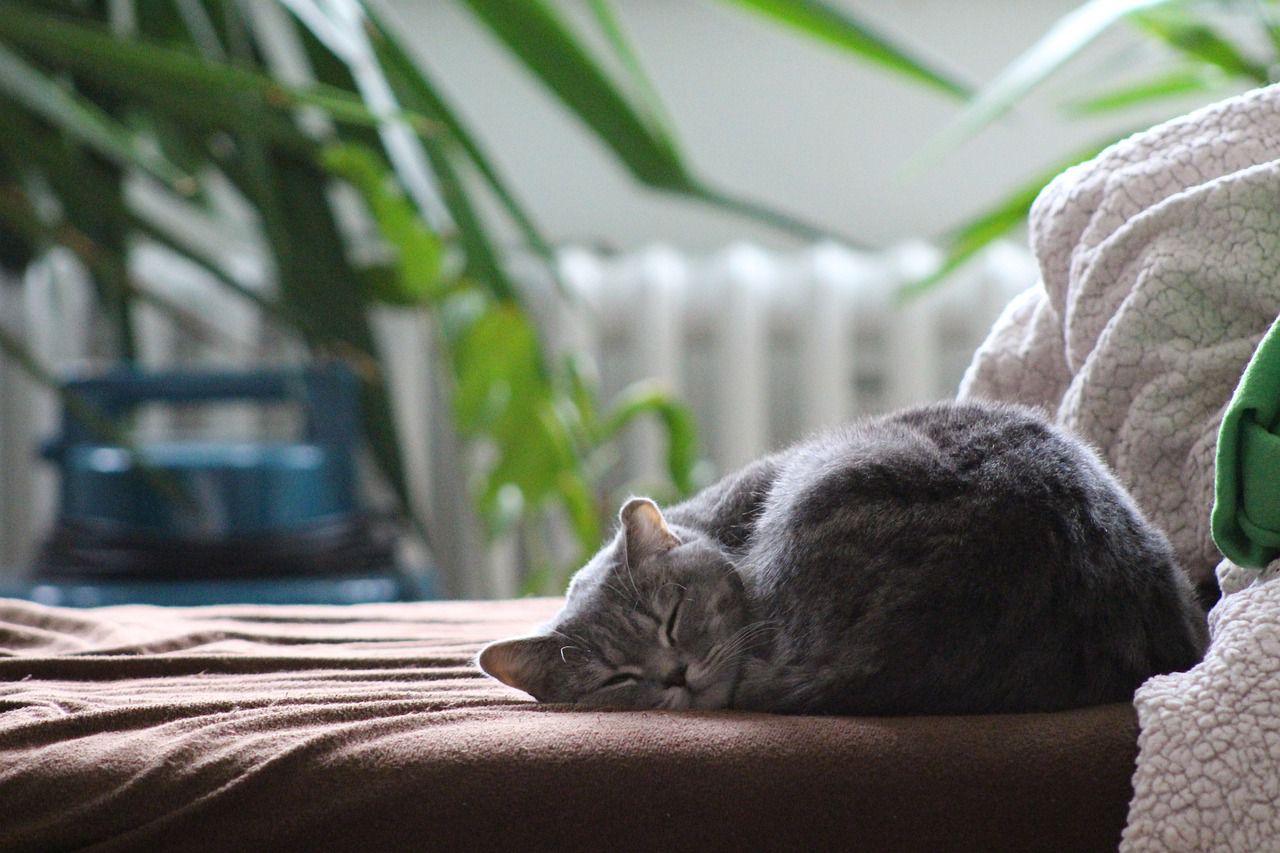Cats seek shadows too: They don't always need direct sunlight
Domestic cats have a variety of behaviors that stem from their evolutionary history and sensory adaptations.
One of these behaviors is seeking shadows for sleep rather than direct sunlight.
This behavior can be attributed to several factors.
Natural Instincts
Cats are crepuscular animals, which means they are most active during dawn and dusk.
In the wild, these times offer a balance between light and darkness, allowing them to hunt and move around while avoiding extreme temperatures and potential predators.

Seeking shade or shadow during the daytime is a way for cats to replicate these natural conditions.
Temperature Regulation
Cats have a higher body temperature than humans, and they are naturally inclined to seek cooler spots for comfort.
While sunlight provides warmth, it can become too intense and hot, especially during peak hours.
Seeking shade allows cats to regulate their body temperature more effectively, avoiding overheating.
Avoiding Overstimulation
Cats are highly sensory creatures, and their acute senses of hearing, smell, and sight make them sensitive to bright light.
Direct sunlight can be overly stimulating for them, causing discomfort or sensory overload.
Seeking out shadows provides a more subdued and soothing environment for rest.
Protecting Sensitive Eyes
Cats' eyes are adapted to low light conditions, and they have a reflective layer called the tapetum lucidum that enhances night vision.
However, this adaptation can make them more sensitive to bright light.
Seeking shaded areas helps protect their eyes from harsh sunlight and prevents potential damage.
